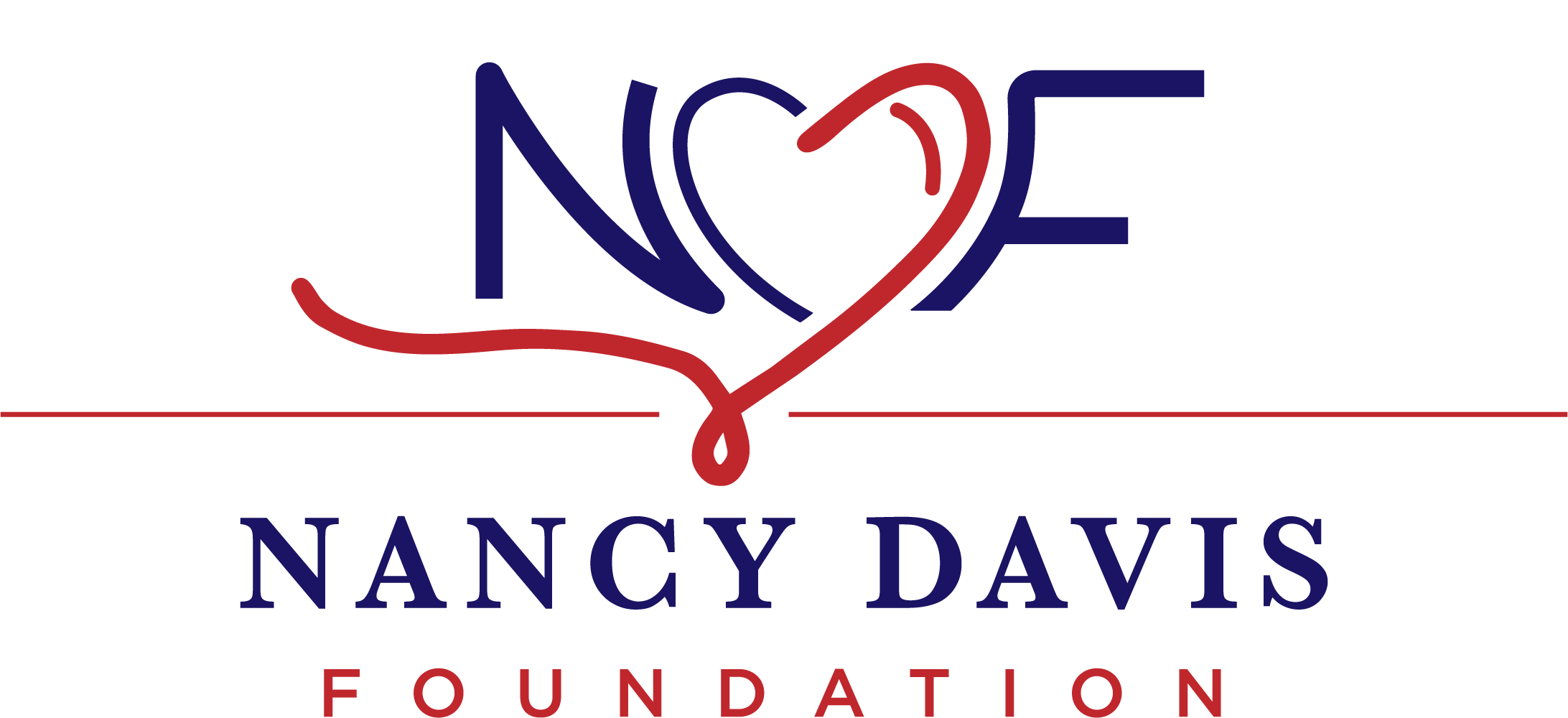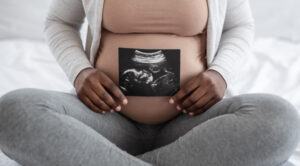Nancy Davis suffered ‘unspeakable pain’ due to poorly worded law that meant hospital in home state refused to terminate pregnancy

An expectant Louisiana woman who was carrying a skull-less fetus that would die within a short time from birth ultimately traveled about 1,400 miles to New York City to terminate her pregnancy after her local hospital denied her an abortion amid uncertainty over the procedure’s legality.
Nancy Davis, 36, told the Guardian that she had her pregnancy terminated on 1 September after traveling from her home town of Baton Rouge to a clinic in Manhattan whose staff had agreed to complete the procedure.
Davis’s trek was necessary because Louisiana has outlawed abortion with very few exceptions after the US supreme court’s decision in June to eliminate federal abortion rights which were established by its 1973 Roe v Wade ruling. New York is among the states where abortion remains legal.
Davis was about 10 weeks pregnant in late July when an ultrasound at Woman’s hospital in Baton Rouge, Louisiana’s capital, showed that her fetus was missing the top of its skull, a rare but fatal condition known as acrania that kills babies within days – and sometimes minutes – of birth.
Louisiana’s abortion ban contains a general exception for fetuses that cannot survive outside their mothers’ wombs, and the law’s author – state senator Katrina Jackson – has insisted that Davis could have legally obtained an abortion without having to go across the country.
But Louisiana’s list of conditions justifying an exception from the state’s abortion ban did not explicitly include acrania. So officials at the hospital where Davis had her ultrasound refused to provide an abortion for her, apparently fearing that they could be exposed to prison time, fines and forfeiture of their licenses to practice if they performed the procedure.
“Basically … I [would have] to carry my baby to bury my baby,” Davis has previously said.
After Davis spoke out in the media about her ordeal, more than a thousand people donated nearly $40,000 to an online GoFundMe campaign for Davis to travel to a state where it was certain that she could legally get an abortion. She had initially planned to go to North Carolina, but during a brief telephone conversation on Tuesday, she said she ended up going to a Planned Parenthood facility in Manhattan.
Davis is only one member of a group of women or girls who have been forced to take gut-wrenching actions in the aftermath of the elimination of nationwide abortion rights.
A Florida court recently blocked a pregnant 16-year-old girl from having an abortion, deeming her too immature to decide whether she should have an abortion and instead requiring the teenager to give birth to a baby.
Meanwhile, earlier in the summer, a 10-year-old Ohio girl who was raped and impregnated had to travel to neighboring Indiana to terminate her pregnancy because her state had banned most abortions.
Most abortions are set to become illegal in Indiana as of Thursday, too.
Davis appeared outside Louisiana’s capitol building in late August alongside the civil rights attorney Ben Crump and called on the state’s lawmakers to at least clarify the wording of their abortion ban – if not repeal it entirely – so that no one else would have to endure what she has.
Crump said Davis – who is raising a daughter and two stepchildren with her partner – suffered “unspeakable pain, emotional damage and physical risk” because of the poorly worded law. Lawmakers, Crump added, “replaced care with confusion, privacy with politics and options with ideology”.
For her part, Davis said: “This [was] not fair to me. And it should not happen to any other woman.”
The end of the right to abortion in the United States will have devastating consequences around the world. A half century ago, the Supreme Court’s landmark Roe v Wade decision inspired a new era of reproductive freedom in dozens of countries. The court’s reversal will empower anti-abortion voices everywhere, threatening reproductive freedom and the right to control one’s destiny.
The Guardian views reproductive choice as a fundamental human right and will pursue this story even after it recedes from headlines, with a focus on the people most impacted by restrictions. But we need your help to do this work.
Unlike many others, the Guardian has no shareholders, no billionaire owner. Just the determination and passion to deliver high-impact global reporting, always free from commercial or political influence.
We provide our journalism for free, for everyone to read, because we believe in information equality. Greater numbers of people can keep track of the global events shaping our world, understand their impact on people and communities, and become inspired to take meaningful action. Millions can benefit from open access to quality, truthful news, regardless of their ability to pay for it.
Every contribution, however big or small, powers our journalism in tight economic times and sustains our future.



